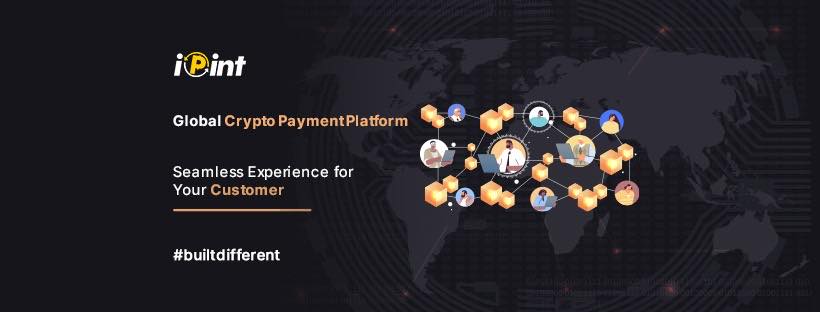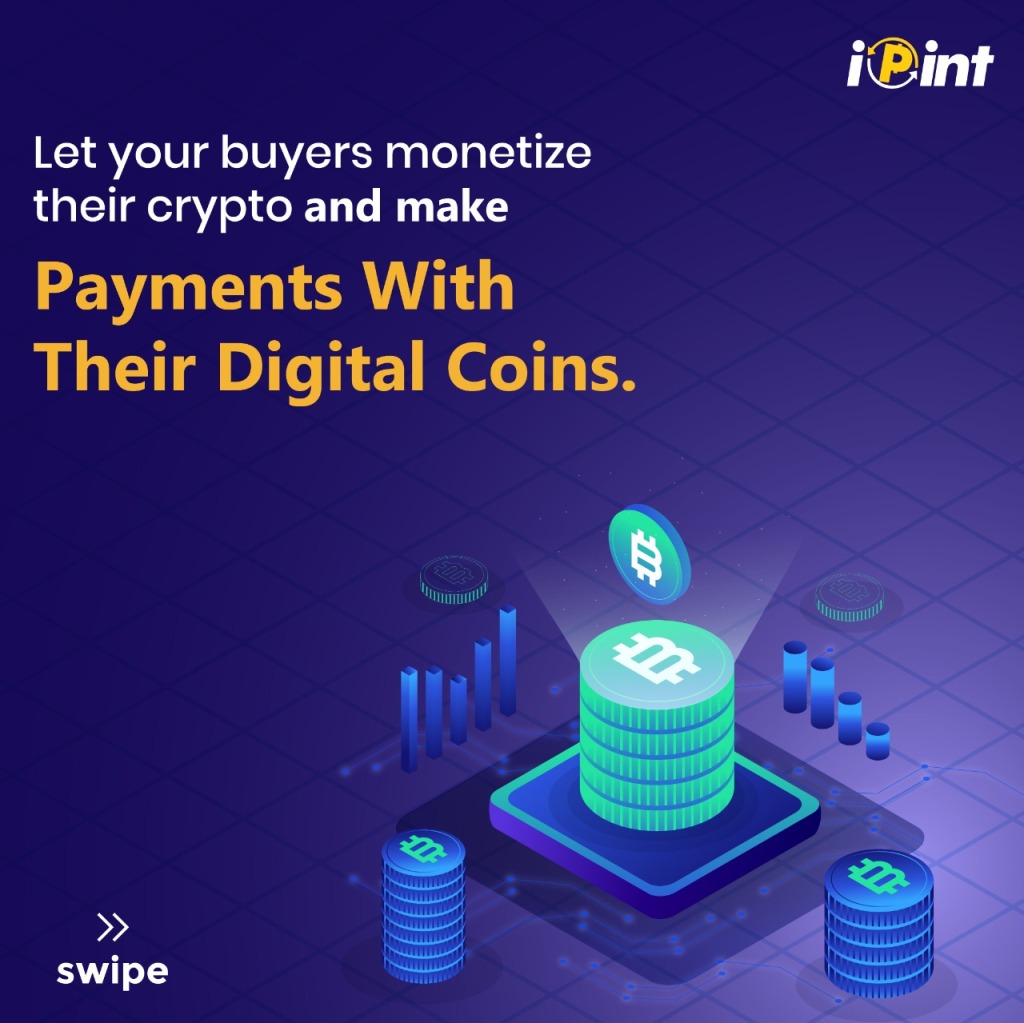Decentralized finance (DeFi) has emerged as a critical area of development for the blockchain industry in recent years. As a part of this ever-evolving ecology, DeFi payment gateways have exploded in popularity. These cutting-edge entry points serve as a link between traditional banking and the decentralized economy by providing simple, secure, and dependable transaction processing choices. We explore the concept of DeFi payment gateways and the game-changing potential they offer for the future of monetary transactions.
How DeFi Payment Processors Generally Work
DeFi payment gateways are blockchain-based systems that enable frictionless transfer of digital currency. In order to facilitate P2P exchanges, DeFi payment gateways employ smart contracts and decentralized protocols as opposed to traditional financial institutions. These gateways often operate on public blockchain networks, which provide users with enhanced anonymity, security, and control over their assets.
Payment gateways that use DeFi have many benefits, including:

2.1 increased security.
One of the primary advantages of DeFi payment gateway is the higher level of security they offer. By recording transactions on a distributed ledger, blockchain technology eliminates the possibility of a central server being hacked. In addition, smart contracts remove the requirement for a reliable third party by requiring that a number of predetermined conditions be met before a transaction may be finalized.
Cut Out the Middleman (2.2)
With DeFi payment gateways, users can send and receive funds directly with one another, bypassing the requirement for intermediary services such as banks or payment processors. Consequently, costs associated with completing a transaction are reduced and the need for a centralized approving body is eliminated. This makes it a cost-effective choice because commercial transactions may be concluded rapidly and with minimal outlay of resources.
2.3 Global Availability
Payment gateways that accept DeFi are accessible worldwide thanks to the decentralized nature of blockchain networks. Users from all over the world can transact with one another without the need for centralized banking or the use of a national currency. This increases accessibility for people and businesses everywhere, but especially in underserved areas that lack easy access to traditional banking services.
Situations Where DeFi Payment Processors Are Used 3.1.1 Buying Products Via the Internet
DeFi payment gateways are extremely useful for online markets since they facilitate the acceptance of a wide variety of digital assets. DeFi gateways allow online merchants to accept alternative currencies like cryptocurrencies and stablecoins from their clients. These gateways make for a more streamlined and secure payment process overall.
Remittances and Other International Funds Transfers 3.2
Traditional remittance routes frequently incur high fees and take too long to process payments. DeFi payment gateways are a game-changer since they allow for quick and low-cost international trading. The ability to use blockchain technology to send and receive money across borders directly between users has the potential to revolutionize the remittance sector.
What is P2P Lending (also known as Third-Party Lending)?
DeFi payment gateways facilitate P2P lending, where borrowers and lenders transact directly with one another in a decentralized manner. These portals facilitate trust and open communication between lenders and borrowers by using smart contracts to automate and simplify the entire loaning process, from agreement to repayment. Due to the elimination of intermediaries, DeFi payment gateways boost efficiency and accessibility in the lending business.

Conundrums and Future Expectations
While there is a lot of promise in DeFi payment gateways, they do have certain drawbacks. To compete with existing monetary systems, blockchain networks will need to be able to handle massive transaction volumes. Additionally, worldwide regulatory frameworks have not caught up with the rapid changes in DeFi, which makes transparency and compliance even more crucial.
The outlook for DeFi payment gateways is promising. As blockchain technology evolves and scalability solutions are implemented, these entry points show enormous promise for leveling the playing field in terms of access to financial resources for people and organizations worldwide.
Conclusion
In the annals of decentralized finance, the introduction of DeFi payment gateways marks a pivotal turning point. The deployment of blockchain technology at these gateways improves security, eliminates third parties, and paves the way for broader participation. Many industries, from e-commerce to cross-border payments, stand to benefit greatly from their implementation. However, their broad use is contingent on getting past scalability and regulation hurdles. DeFi payment gateways have the potential to usher in a more distributed and democratic monetary system, radically altering the future of financial transactions.